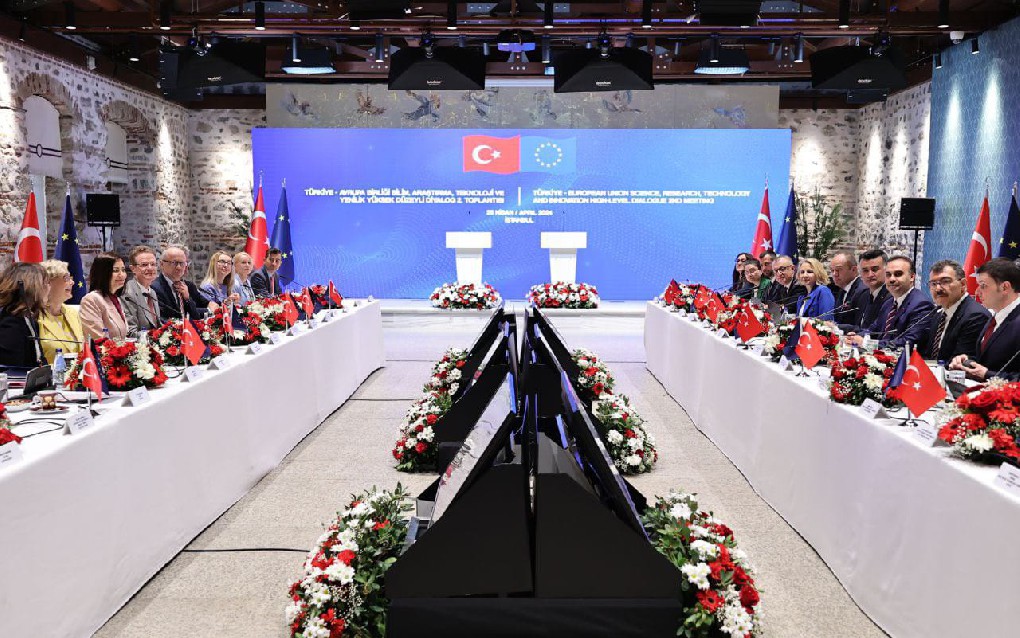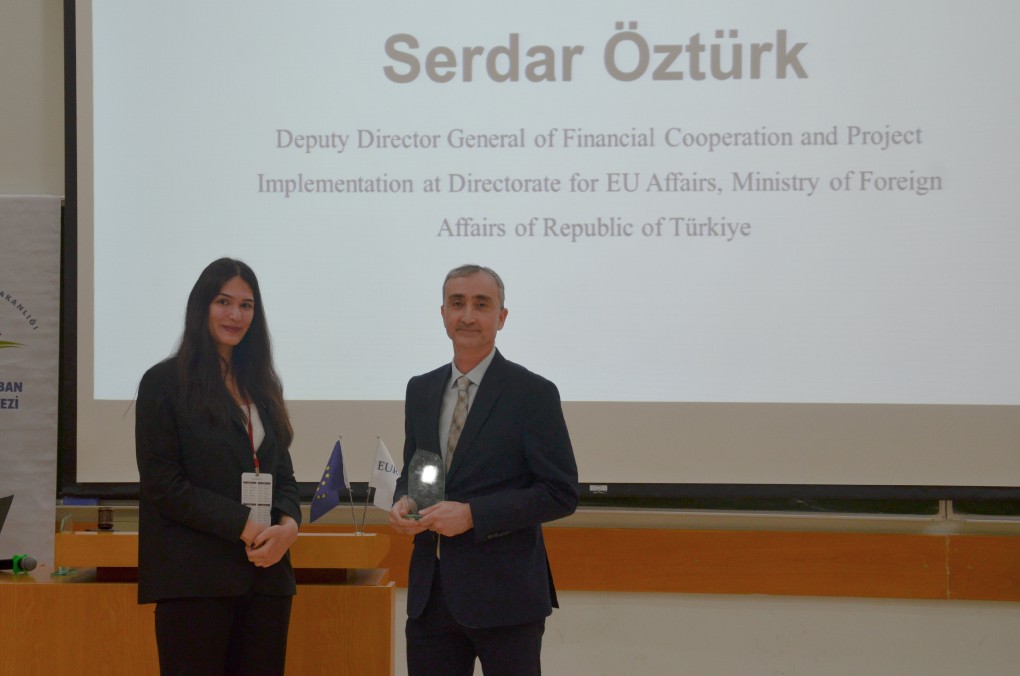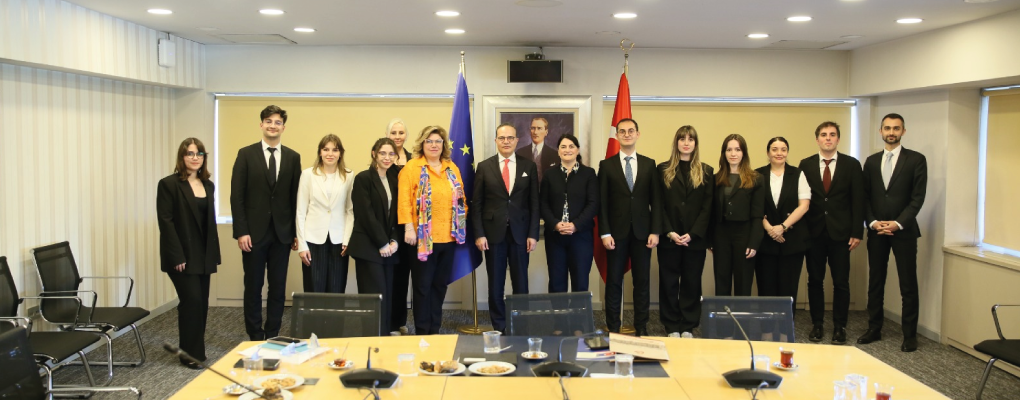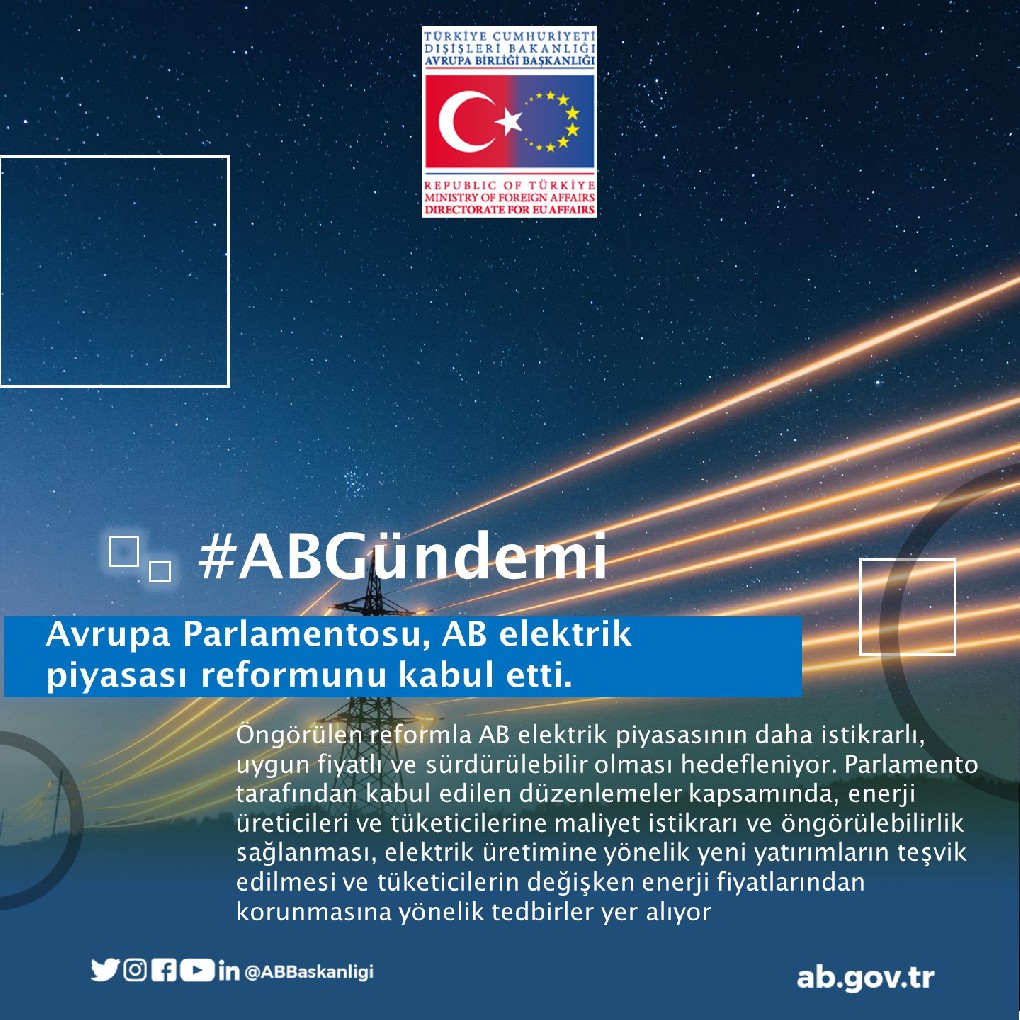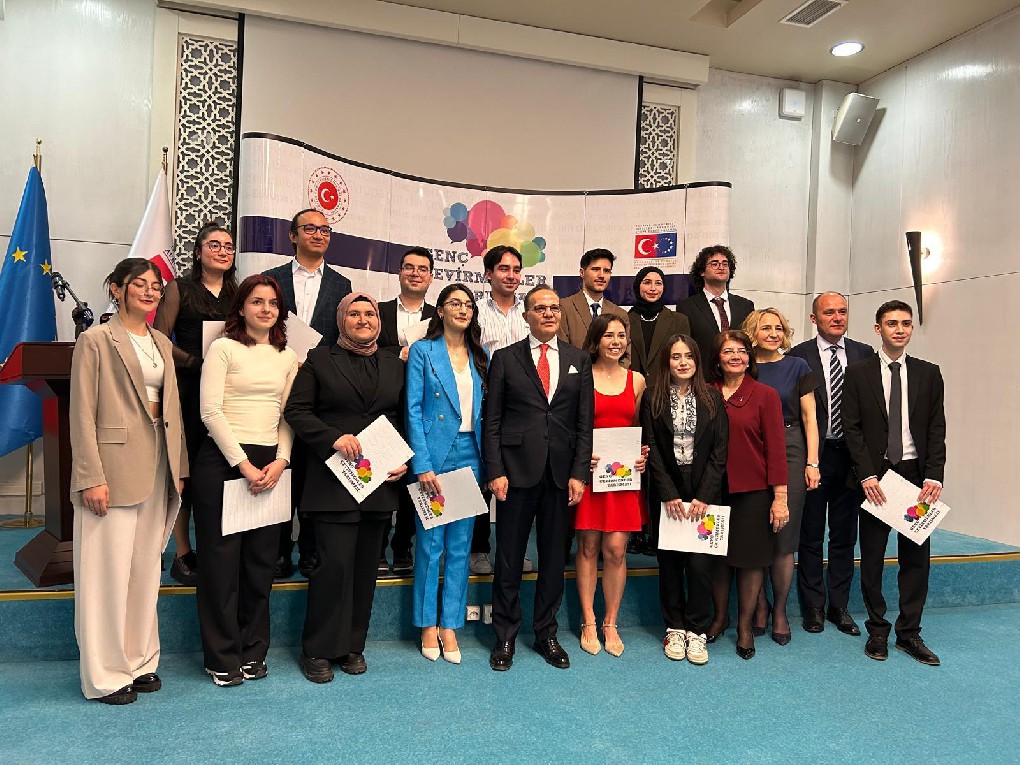- HOMEWelcome
- DIRECTORATE FOR EU AFFAIRSStructure
- E.U.Structure
- TÜRKİYE-EU RELATIONS
- History of Türkiye- EU Relations
- Main Documents
- Agreements
- Protocols
- Accession Partnership Documents
- National Programmes for the Adoption of the Acquis (NPAA)
- Türkiye Reports Prepared by the European Commission
- Enlargement Strategy Papers
- Türkiye’s National Action Plan for the EU Accession
- Türkiye’s National Action Plan for the EU Accession (2021-2023)
- Association Council Decisions
- Documents on Türkiye-EU Summits
- Institutional Structure
- Customs Union
- Türkiye- EU High Level Dialogue Meetings
- DATASources
- MEDIANews
- CONTACTContact Us
Türkiye Calls on the EU Member States and European Commission to Take Action for Visa Free Travel of Turkish Citizens
The current Schengen visa regime against Turkish citizens constitutes an obstacle to the strengthening of relations between Turkish people and peoples of the EU as it prevents people-to-people contact, which is indispensable for the EU accession process. The visa requirement is an obstacle for Turkish NGOs, universities and the youth in benefiting from the EU funds and projects. Lengthy and cumbersome visa procedures impair fair competition, which Turkish businessmen should enjoy within the context of the Customs Union.
Within the last decade Türkiye has achieved remarkable economic growth indicating that the current visa regime of the EU has become redundant. It is apparent that EU countries, which are going through an economic crisis would benefit from the commercial, cultural, educational, touristic etc. visits of Turkish citizens, which would be enabled by the lifting of the visa requirement.
Türkiye, as a negotiating country for EU membership, has a long standing relationship with the Union as an associate country. Türkiye enjoys several legal rights deriving from the association status.
Additional Protocol of the Ankara Agreement, which entered into force in 1973, stipulates the prohibition of introducing new restrictions with regard to right of establishment and freedom to provide services to the parties in its Article 41/1. The “standstill clause” prohibits the visa requirement for Turkish citizens for a number of EU Member States that did not require such a visa at the time of entry into force of the Additional Protocol with regard to that Member State. This interpretation was made by the European Court of Justice on the 19th of February 2009 in the famous Soysal judgment.
Recently, some Member State courts have started giving judgments recognizing the right of visa free travel for Turkish nationals on the basis of the case law of the European Court of Justice. Notably the German national courts, such as the Hannover and Munich courts, have established that Turkish nationals have the right of visa free travel to Germany whether they are providers or recipients of services. Consequently, according to the German courts, Turkish nationals who are tourists should be able to enter Germany without a visa requirement.
Similarly, the Haarlem Court of the Netherlands has ruled on the 14th of February 2011, that Turkish service providers and entrepreneurs have the right of visa free travel to the Netherlands. This ruling was appealed before the highest administrative court of the Netherlands, Raad van State, which has ruled on the 14th of March 2012 that the Haarlem Court’s interpretation was in accordance with the law. According to the Raad van State, the Netherlands did not impose a visa requirement on Turkish nationals on 1 January, 1973 for a stay not exceeding 3 months and such visa requirement was only introduced in the Aliens Act implementation guidelines in 1982.
The Dutch high court also underlined that the general prohibition of discrimination on the basis of nationality as laid down in Article 9 of the Ankara Agreement must be read in conjunction with the standstill clause in Article 41/1 of the Additional Protocol. Therefore, the different treatment of Turkish nationals and citizens of the Union cannot be justified on the grounds that Turkish nationals do not enjoy full free movement rights on an equal basis with the EU citizens. Consequently, according to the Dutch high court, the visa requirement imposed on Turkish entrepreneurs must be considered to be in conflict with the prohibition of discrimination as laid down in Article 9 of Ankara Agreement.
We call on the EU Member States to comply unequivocally and without delay with the judgments of the European Court of Justice and their national courts in accordance with the principle of the rule of law. It is reassuring to see that the European courts are upholding the principle of rule of law and the principle of pacta sunt servanda. The EU Governments should follow suit and make the necessary arrangements to comply with those court judgments.
We call on the European Commission, as the guardian of the treaties, to undertake action in order to clarify the legal regime in each Member State regarding their domestic rules and international obligations at the time of the entry into force of the Additional Protocol on its own initiative, direct the same question to the Member States once again in the light of the recent Dutch court rulings and take appropriate action on the basis of those findings.




